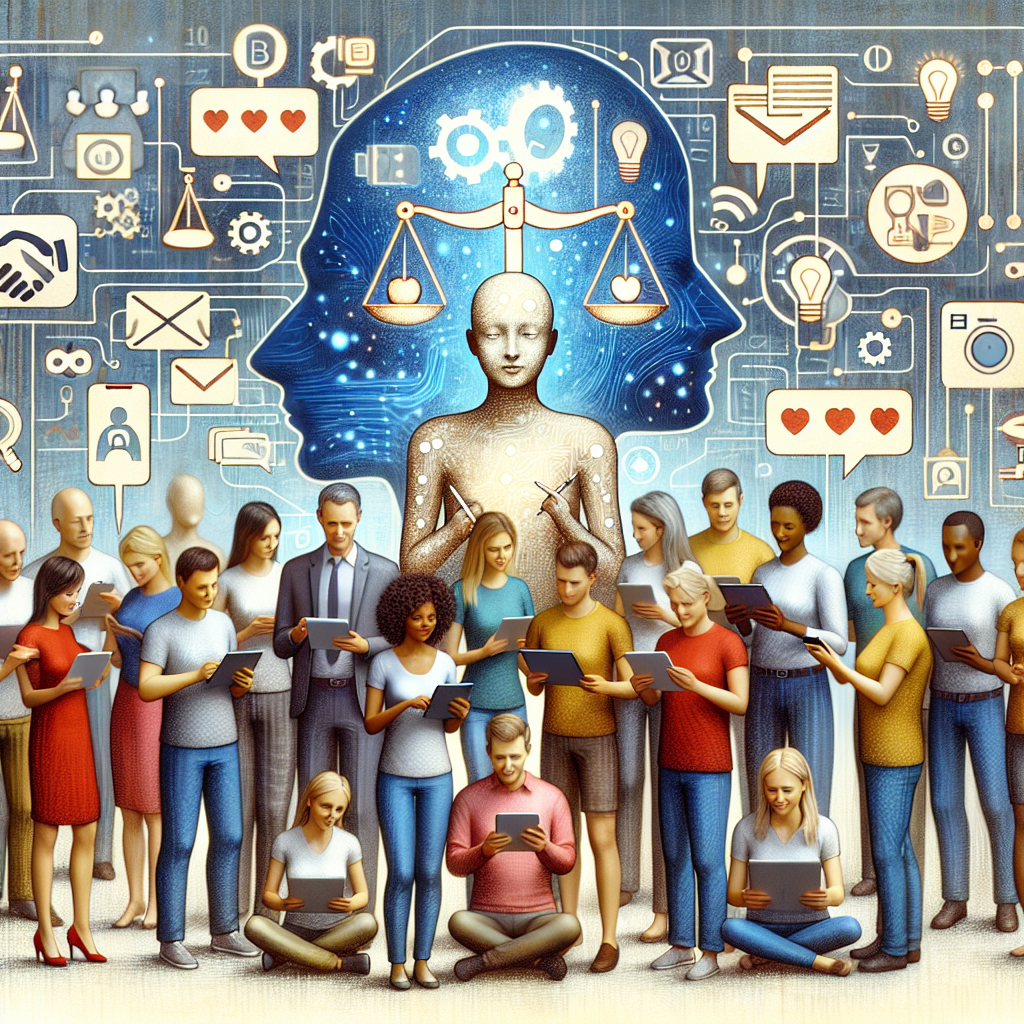In a notable shift from its previously announced timetable, SoftBank has publicly adjusted expectations for its ambitious Stargate Project, a collaborative initiative with AI powerhouse OpenAI. This strategic update extends the project’s developmental phase, signaling deeper complexities in implementing one of the most closely watched ventures in the AI domain.
The Stargate Project aims to integrate advanced artificial intelligence technologies within SoftBank’s diverse portfolio, which spans telecommunications, robotics, and e-commerce. The project’s central goal, as initially outlined, was to harness powerful AI models to enhance operational efficiencies and innovate customer solutions, underscoring a transformative vision for SoftBank’s global operations.
However, SoftBank now concedes that achieving these innovative leaps demands more time than earlier projections. “As with any pioneering technological endeavor, the path to realization is rarely linear,” underscored a spokesperson from SoftBank, elucidating on the dynamic challenges that have necessitated a recalibration of the project’s timeline.
The reassessment period arises amidst heightened scrutiny and expectations around AI ethics and capabilities, partly spurred by industry-wide discussions and emerging regulatory frameworks. Analysts suggest that these factors play a significant role, as companies like SoftBank and OpenAI navigate complex technical landscapes and equally complex public and regulatory expectations.
OpenAI, known for its groundbreaking GPT series and other AI advancements, brings critical intelligence and technical prowess to the Stargate Project. The alliance is viewed within the technology sector not only as a marriage of SoftBank’s vast infrastructure and OpenAI’s cutting-edge AI, but as a significant benchmark for the practical deployment of AI innovations at scale.
The extended timeline can also be seen as an opportunity to refine the project’s strategic objectives. “Taking additional time to tackle these challenges doesn’t just mean delaying outcomes, but rather enhancing the eventual success of the integration,” noted an industry expert. This perspective echoes a rising sentiment across the tech landscape that the depth of integration and ethical considerations demands meticulous attention and exhaustive testing.
As firms like SoftBank navigate these waters, stakeholders including investors, industry peers, and consumer markets are closely monitoring these developments. The implications of the Stargate Project extend far beyond its immediate commercial objectives, hinting at broader shifts in how businesses might deploy AI technologies moving forward. Understanding the intricacies of this adjustment could offer valuable insights into the maturation of artificial intelligence applications in global business processes, offering a blueprint for others in the industry.
SoftBank’s latest strategic patience could, therefore, be a bellwether for the industry’s trajectory—balancing between innovative ambitions and the prudent realization of AI’s promise in a rapidly evolving technological and regulatory environment. As this project continues to unfold, it will undoubtedly provide critical case studies on the scalability of AI solutions and the sustainability of tech giants’ ambitious projects. According to an article titled “SoftBank Concedes Stargate Project with OpenAI Needs More Time” on Startup News, the journey of the Stargate Project will be one to watch, as it encapsulates the trials and triumphs of pioneering tech ventures in the modern era.



